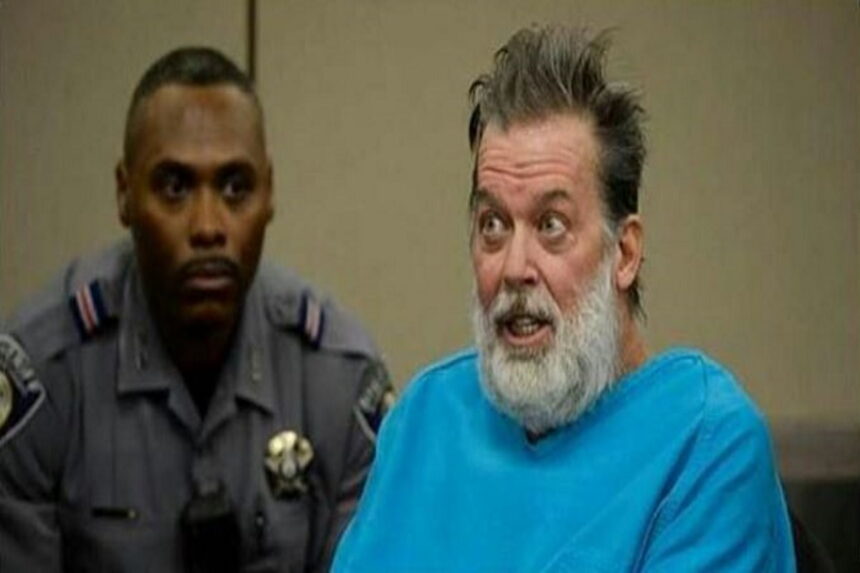The case of Robert Dear, who claimed to be the Planned Parenthood shooter, resumed focus in court this Thursday as both sides sought to clarify how to forcibly medicate the defendant to restore his competency to stand trial. A trial that has been mired for close to nine years in complicated legal wrangling remains a source of agony for the victims’ families and frustration for people desiring closure.
The Long Court Battle and Its Consequences
Robert Dear is symbolic of those prolonged court battles that test the mettle of the system in terms of timely justice. Since the tragic events of November 27, 2015, when Dear allegedly drove from Hartsel to the Planned Parenthood clinic on Centennial Boulevard, the case has stalled several times.
Dear reportedly came to the clinic “to wage war,” he said in an early court appearance. In the attack, he killed an Iraq War veteran, a young mother, and a UCCS police officer and injured nine others, including four law enforcement officers. Police officials also pointed out that 198 shots were fired in the attack and that Dear also attempted to blow up a propane tank.
Despite his earlier guilty plea to the attack, and loudly proclaiming himself “guilty” and a “warrior for the babies,” Dear has time and again been ruled incompetent to stand trial. It leaves the case in limbo, continuing to exacerbate the suffering of those affected.
George Brauchler, the district attorney for the 18th Judicial District, drew an emotional parallel by mentioning how continuous fear has suspended the victims and their families in emotional pain as the continuity of such a state of limbo has denied them closure and resolution of their case to move on.
The Forcible Medication Debate
Forcible medication to restore competency forms a major part of the legal dispute in Dear’s case. A federal judge granted the use of medication in 2022. Earlier this year, in 2024, an appellate court upheld the order. None of the orders has resulted in any actual progress. It frustrates both the prosecution and the defense that no timeline is given, and without one, it’s essentially a paralyzed case.
Medical experts testifying about the case estimate a strong possibility-more than 70 percent-that Dear could be competent to participate in his defense if he were medicated. Ethical concerns, arguments of human rights, and precedents set by other cases make this far from a cut-and-dried ruling, and the court must weigh the right to a fair trial against those of the accused; it opens questions about justifications for forcing such treatment and what possible implications that might have. That’s some of the uncertainties the hearing next week is intended to clarify.




